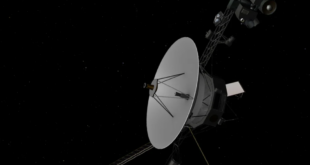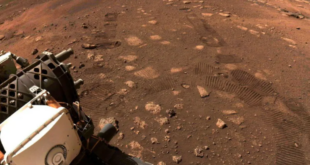Apple pinned their hopes on the iPhone 16, hoping that new artificial intelligence (AI) capabilities would start driving iPhone sales back up from years of decline. However, pre-order estimates from analysts indicate a weaker response than Apple expected, and pre-sales numbers suggest that the new phone may not be the transformational item that Apple was hoping for.
According to analyst Ming-Chi Kuo at TF International Securities, Apple shipped roughly 37 million iPhone 16s during the first weekend of presales, a 12% decline from the iPhone 15 launched last year. Sales of the more expensive Pro models were particularly weak; the iPhone 16 Pro saw a 27 % decline, while the Pro Max only faced a16% decline. Other analysts, including Dan Ives at Wedbush, made similar estimates with presale volumes reportedly coming in at about 40 million units (still lower than Apple’s forecast).
That drop in premium-grade sales may have an impact on Apple’s profits because the average iPhone 16 and 16 Plus has had more demand than the Pro series. The entry-level models saw several improvements, like better cameras and processors, that brought them very much on par with Pro versions. Angelo Zino, an analyst at CFRA Research, believes that users may be choosing standard as they offer a high level of performance at a reasonable price and are moving closer to the bottom end between the base and Pro devices.
AI (known as “Apple Intelligence”) was a big hit but has not been released; it’s going into beta along with iOS 18.1 next month. This wait may be slowing down the initial response, as consumers will wait for a lot of hands-on feedback before making the switch to the iPhone 16. Zino the analyst predicts that it will likely take at least two quarters for consumers to begin feeling excited by these AI-driven features.
Production times for iPhone 16 Pro models also suggest less demand. Kuo said pre-sale lead times were 1-2 weeks, which was drastically less than the iPhone 15’s 3-4 week wait. But observers like Canalys’ Lex Chiew think shorter lead times may be evidence of a more effective supply chain, with Apple ramping up production to avoid the delays associated with previous launches. T-Mobile CEO, Mike Sievert, also reported higher iPhone 16 sales than last year, which could be a sign that things are getting better going into the holiday season.
Despite the lackluster first-day pre-sales, analysts are still cautiously optimistic that the iPhone 16 will gain traction during the prime holiday season. We’ll know what Apple’s full sales impact is when it publishes earnings next month, including the first two weeks of regular sales and presales.
 Tempus Magazine By Students, For Students
Tempus Magazine By Students, For Students 



